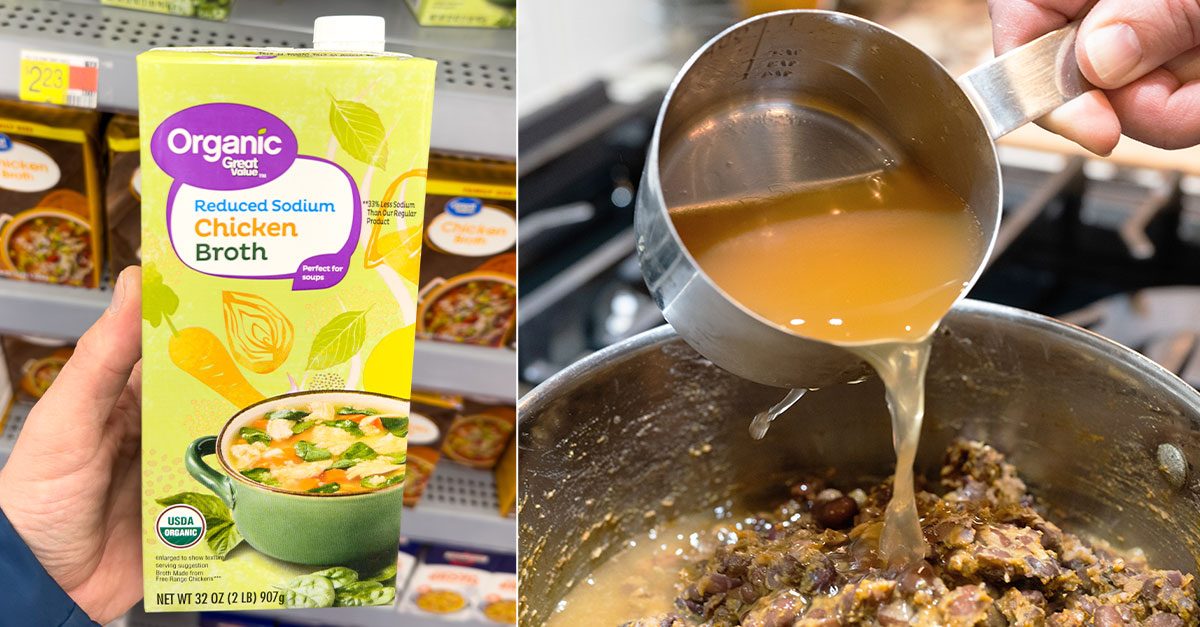;)
The proper methods of storing raw chicken are straightforward, and we couldn't be more thankful! All you have to do is avoid one common mistake: storing the chicken in the wrong place.
Here are the five don'ts of storing chicken; avoid these, and you will not only keep the chicken fresher for longer, but you will also lower your risks of contracting a salmonella infection:
1. Don't leave the chicken out at room temperature

Immediately after returning from the grocers, your priority should be placing the chicken — and practically any meat — in a fridge or freezer. Never let the chicken stay out at room temperature for too long; this may encourage bacteria's growth and kickstart the spoilage process.
2. Don't leave the chicken in the fridge for too long

If you aren't cooking your chicken until much later, then opt for the freezer. For safe eating, experts recommend storing chicken in the fridge for no more than two days before cooking or transferring it to a freezer.
3. Don't store the chicken without an extra plastic wrap

Before placing your chicken in the fridge, ensure that it is tightly sealed to prevent leakage of its juices. You can keep it in its original packaging, but an extra wrap will still be required; for even more protection, you can then choose to place this in a plastic bag.
4. Don't store the chicken in the top compartments of your fridge

One of the most commonly made mistakes when it comes to refrigerating raw chicken is placing it on the top shelf. This will not only create a mess; it will heighten the risk of cross-contamination as the chicken's juices may leak over other food items that may not require cooking (e.g., fruits and vegetables).
So, never forget that storing raw chicken in the fridge must be on the bottom shelf.
5. Don't defrost chicken at room temperature

Last but not least is the proper defrosting process. If you stored your chicken in the freezer, don't just drop it on your countertop to defrost.
Transfer it to a fridge where it'll slowly thaw to become ready for consumption. This not only ensures the quality of its taste, but it also promotes safe eating.
Tip: transfer your chicken to a fridge the day before you need it, and you'll have it adequately thawed just in time for cooking!
;Resize,width=712;)

;Resize,width=712;)
;Resize,width=767;)
